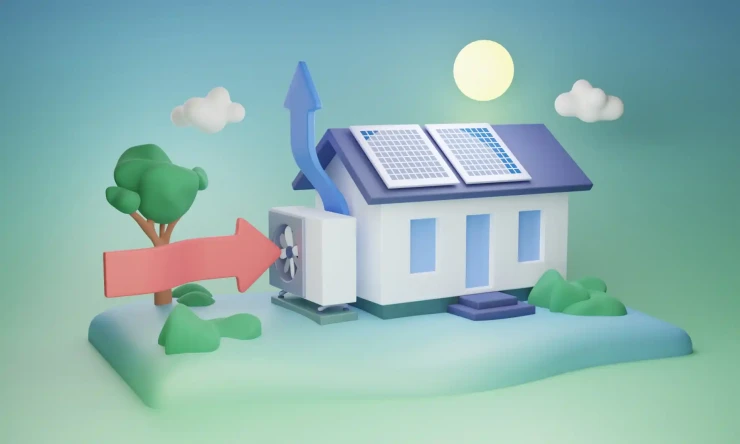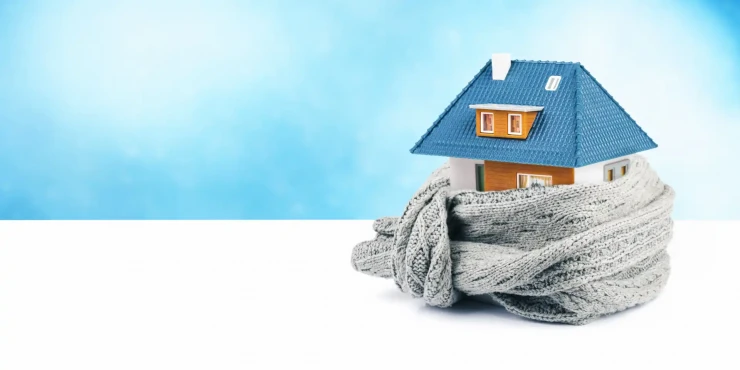Solar roofs have become popular as consumers look to be more environmentally conscious and have more energy-efficient homes. A solar roof can lower utility bills, increase the home’s value, and lower carbon emissions. Consumers should also remember waterproofing and its challenges and benefits for their solar roofs. Here’s what to know.
Why Is Waterproofing Important?
Among the first things consumers should consider is why waterproofing is vital for a solar roof. There are multiple benefits, including:
- Extended life: A solar roof already brings sustainability to a home and a roof by extending their life, and waterproofing adds to this. By waterproofing, homeowners protect their solar roofs from damage caused by rain, such as leaks and corrosion. Most Americans live in a climate with consistent rainfall, so waterproofing is a widespread need everywhere.
- Lower Temperatures: A waterproof roof can effectively reflect sunlight beams away from a roof, creating a cooler atmosphere inside the house or building. Solar and green roofs can save energy by reducing the strain of an air conditioning system. When temperatures are cooler, less work is required to cool down the interior.
- Long-term savings: Waterproofing a roof extends its life, meaning the consumer will save money in the long run. The homeowner or building owner will pay less money to maintain the roof and won’t have to worry about early roof replacements. Replacing a roof involves many expenses, like labor and material. No roof replacement means a business can stay open without worrying about closing due to repairs.
COMPARE PRICES FROM LOCAL INSTALLERS
Compare prices from local companies fast & free
Enter your postcode to compare quotes from leading professionals. We promise to keep your information Safe & Secure. Privacy Policy
What Are the Challenges of Waterproofing?
Waterproofing is an excellent way for a customer to protect their solar roof and extend the life span of their home. However, there are some challenges they should understand, such as:
- Expenses: Waterproofing a solar roof comes with expenses for consumers, but improper installation can create more headaches and cost them even more money. Weak waterproofing causes leaks, and they may have to spend more money removing and reinstalling a proper waterproofing system.
- Vulnerability: Solar panels effectively incorporate renewable energy into a home, but the installation can cause headaches. When a contractor installs solar panels, they need to drill holes in the roof, making it vulnerable to natural factors like water. Waterproofing a roof helps mitigate this problem, but there are still vulnerabilities, such as with the chimney.
How Do Consumers Protect Their Chimney?
The chimney is an integral part of the roof and can suffer from elements like rain, snow, heat, and wind. The most significant factor working against the chimney is water. A contractor will typically make a chimney from masonry. Though they can be resilient, brick and stone are susceptible to rain and temperature changes. Waterproofing is one of the primary solutions to protect a chimney.
For a contractor waterproofing a chimney, starting at the crown is essential because it typically contains more porous material, such as concrete. No matter how airtight the installation was, the chimney’s crown could still benefit from waterproofing. Fixing or adding flashing to a chimney is another one of the most effective ways to waterproof it because of its resilient seal.
While flashing helps waterproof chimneys, the seals aren’t always foolproof. If a specialist applies a sealer around the entire chimney, the fixture could suffer in the winter when moisture freezes and thaws with warmer air in the spring. These elements can wear down a chimney’s conditions. Get eyes on it regularly to appraise its condition.
How Are Waterproofing and Water-shedding Different?
Waterproofing and water-shedding are two methods contractors will use to prevent roofs from leaking. Both have their functions, but consumers should know the difference between them. A professional will use waterproofing membranes for flat or low-slope roofs. For these roofs, it’s typical to see plastic or rubber used as single-ply membranes on the roof.
Contractors use water-shedding with asphalt shingles and tile because the roof needs to be steep. Sometimes, during a storm, the wind can shift water up an asphalt roof, even with steep elevation. The rain can seep through small holes in the roof, so it’s crucial to use underlayments for water-shedding roofs, or the water could do more damage.
Waterproofing for Solar Roofs
Solar roofs have become more popular because homeowners and business owners look for ways to be more environmentally friendly. These roofs are green and their costs have decreased yearly since 2009, making them competitive with current local utility companies.
However, installing solar panels can make a roof vulnerable to leaks and damage from water. Consumers should know the risks associated with installing solar panels and contact an expert to waterproof their roof to extend its life and save money in the long run.
by Jane Marsh





























